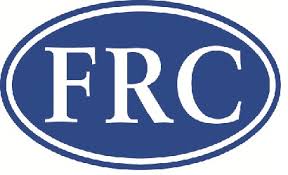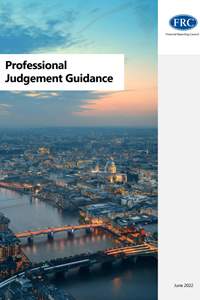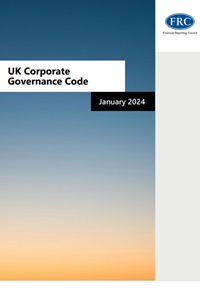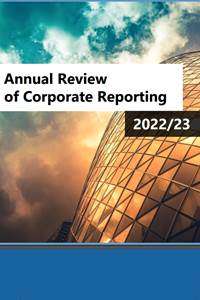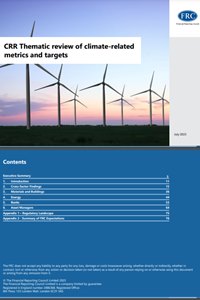The effective exercise of professional judgement is a critical feature of any audit. This is more obvious in areas such as risk assessment, fair values, going concern, interpretations of standards, design of procedures or the assessment of the sufficiency and appropriateness of evidence. But it is also critical in making decisions about how an audit is resourced, the allocation of tasks, the need for specialist skills or knowledge, the implementation of quality management, or the time needed to complete an audit. The most significant quality issues identified by the FRC involve poor calls by auditors in some capacity. The FRC presents in this guidance a framework for making professional judgements, followed by a series of illustrative examples showing how it might be used in practice.
FRC Professional Judgement Guidance
